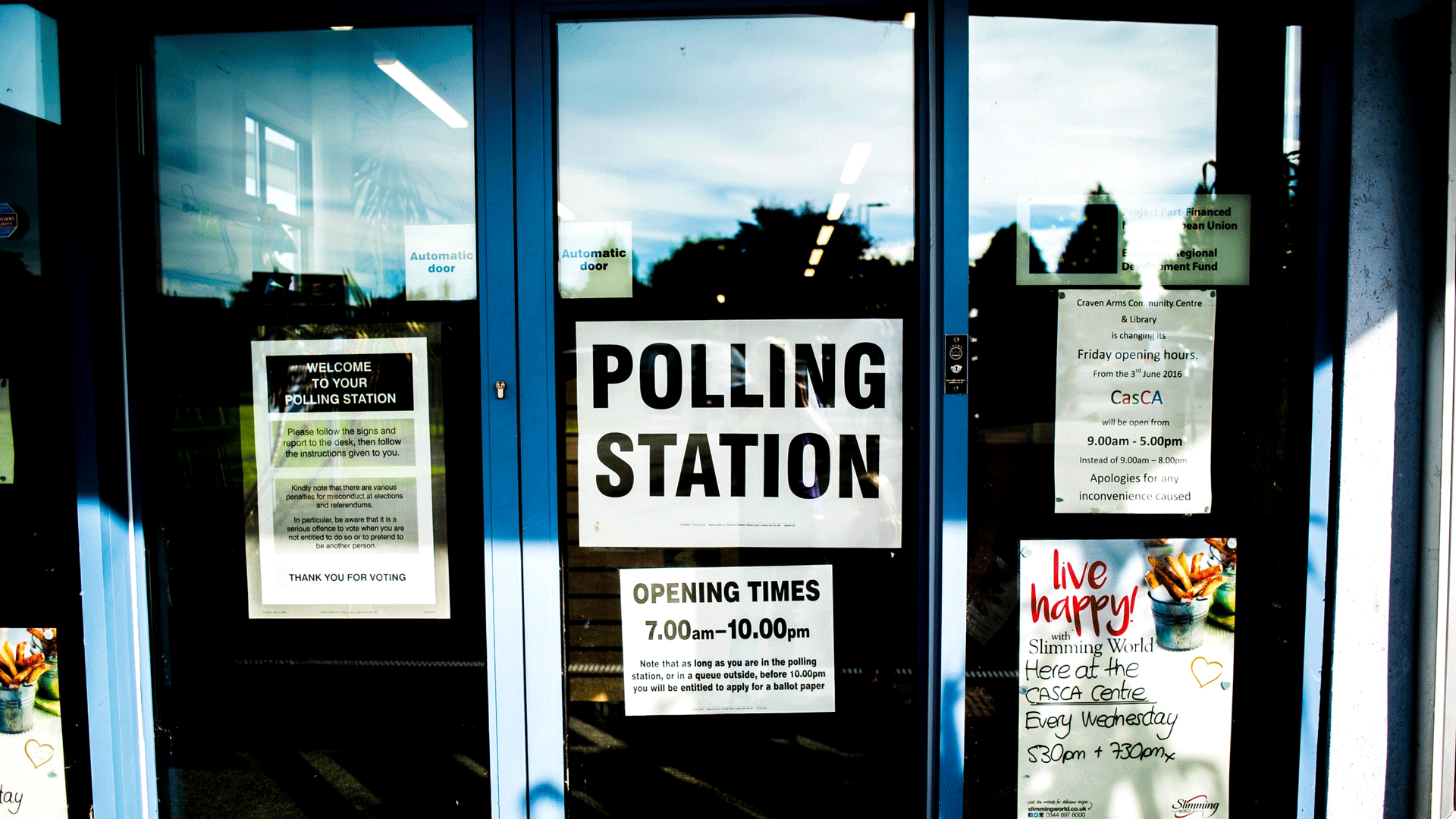I have a habit of surfing through radio stations. It’s an interesting thing to do, especially while driving. You land on local shows you’re not too familiar with, both BBC and commercial, that provide a real snapshot of what people are thinking or are keen on.
Frequently, this involves a lot of Ed Sheeran. By law, he has to write about 30 per cent of all contemporary pop songs. And if he hasn’t written a track himself, he’s in collaboration with somebody else. Turns out there IS enough time in the day for busy Ed. After he won the plagiarism case over Shape Of You he revealed it took just 90 minutes to write that song. It’s been streamed, so far, three billion times on Spotify alone. That’s a lot of Ed output in any given week.
More recently, another track has popped up with a little frequency, John Lennon’s Power to the People. At least three times in a week I’ve stumbled across it on various radio stations. Though this is not a huge amount, it does feel as though it has entered the ether. More plays will follow. There aren’t a whole load of lyrics, but among them you’ll find “A million workers working for nothing/You better give them what they really own/We got to put you down/When we come into town.”
It may be coincidence that the first time I heard it was soon after reading Martin Lewis warn that “civil unrest isn’t far away” as people struggle to keep their heads above water. Lewis, the Money Saving Expert, has become increasingly fearful for people and frustrated at his inability to do anything to help. He has built his career on all manner of tips and pointers to money saving. “There’s nothing left to cut back on,” he warned, bleakly.
Lewis and the growing popularity of a piece of old John Lennon agitpop are not the canary in the mine. That early warning system is not needed. We’re way past it. Instead, they are part of a framework of disillusionment that has no clear end point.
Last week a poll by the progressive think tank IPPR and The Observer found that a majority of those asked were hugely disillusioned by the ability of British democracy to serve the needs of the people. Respondents believe that major donors are more likely to be listened to by government when drawing up policy than the people who elected them. This was particularly marked among younger people.









